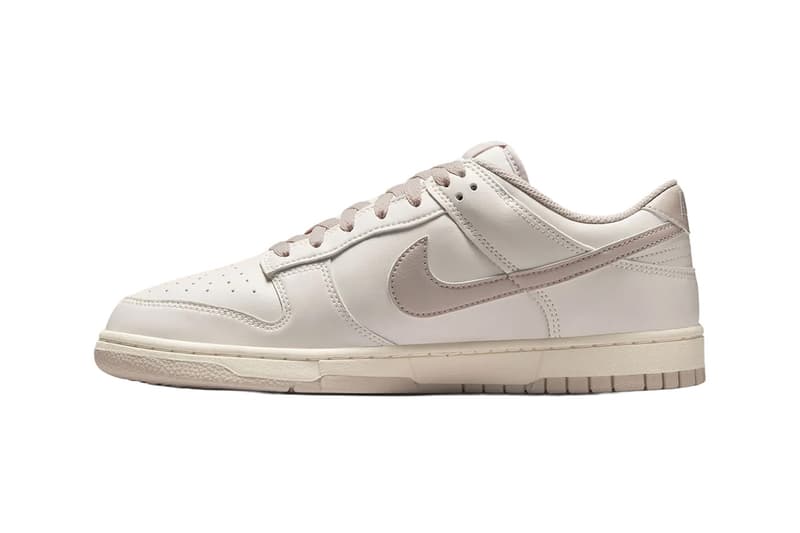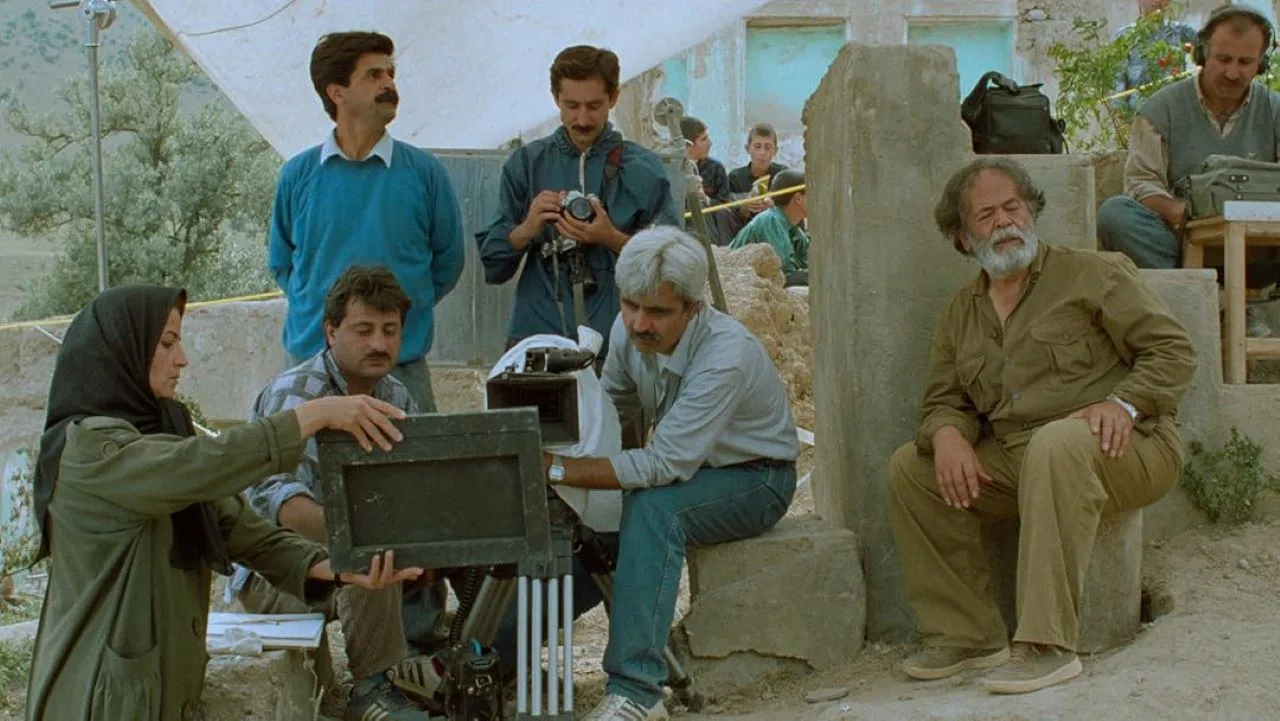[ad_1]
In today’s rapidly evolving business world, companies must prioritize diversity and inclusion efforts to attract and retain top talent. While mentorship has long been a valuable tool for career development, a more active and strategic approach will ensure that underrepresented groups receive the support and opportunities they need to thrive. Sponsorship should become crucial to hiring and retaining top talent, particularly women and marginalized communities.
Over the past 30 years, women have made incredible progress in business, government, and philanthropy. Despite progress, the struggle continues, particularly for women re-entering the workforce and women of color.
A recently launched effort called Unveiled: Bridging the Gap to Sponsorships notes that historically marginalized groups are often over-mentored but under-sponsored. Sponsorship goes beyond traditional mentorship. It involves individuals in positions of influence actively advocating for and supporting the career advancement of underrepresented groups.
Racial/ethnic minority women are particularly vulnerable to feeling “overlooked” at work, with only 18% of Black Women and 21% of Latina women reporting they had a sponsor, compared to 30% of White women, according to Women in the Workplace 2018, a report by LeanIn.Org and McKinsey & Company.
Several studies have also highlighted women’s challenges when they attempt to return to work after taking time off for caregiving or health reasons. Since the pandemic, the workforce has lost over 1 million women. Women are 12 times more likely to take a break from work for caregiving, notes Path Forward, a non-profit dedicated to helping women restart their careers.
According to a 2021 report by the Behavioural Insights Team, women who had taken time out of the labor force for caregiving reasons had significantly lower job offers than women who had not taken time off. These women were also more likely to report a mismatch between their skills, experience, and the job offer requirements. Path Forward suggests companies meet diversity goals by creating a new on-ramp for experienced female talent and other workers with diverse backgrounds, ages, and perspectives.
To overcome the challenges of hiring and retaining talent, companies must broaden their search to include untapped talent pools by prioritizing diversity and inclusion efforts that actively seek and support underrepresented individuals, including those who have stepped away from their careers due to caregiving and health. Successful implementation of sponsorship programs and mentoring is crucial to providing the necessary support for these individuals to thrive.
Sheryl Sandberg’s book, Lean In, highlights the importance of forging a unique career path recognizing women will have the occasional dips and detours to achieve fulfillment. Sponsorship can be an essential tool in helping individuals navigate the “jungle gym” of their career and avoid dead ends. It is an active and strategic role that goes beyond mentoring advice and guidance and includes giving the floor to another person in a meeting, making introductions to key decision-makers, and recommending them for high-visibility opportunities like being a co-author on an article, a panelist, or a speaker at an event.
A sponsor’s support can help an individual build credibility, gain access to new opportunities, and develop the necessary skills and qualifications to advance in their careers. For example, the Diplomatic Courier Media Network prioritizes credentialing emerging young leaders in foreign policy, providing a unique platform for generational dialogue and exchange of ideas that has led to remarkable success for those who participate, including presidential cabinet members, Fortune 500 executives, and parliamentarians around the world.
By prioritizing sponsorship opportunities for underrepresented groups, organizations can ensure that everyone has a chance to achieve their full potential and forge their unique career path. The relationships that develop create personal bonds that show business leaders are dedicated to employee success.
More than mentorship is needed to create the diverse and inclusive workplaces necessary for attracting and retaining top talent. Organizations must prioritize sponsorship opportunities to address barriers to advancement and create credentialing opportunities. By doing so, they can help build a more equitable and prosperous future for all.
Written by Lisa Gable.
Have you read?
Wealthiest Sports Owners in the World?
World’s Richest Actors And Their Net Worth.
World Richest Tennis Players And Their Net Worth.
Richest NFL (National Football League) Players.
Top CEOs in Singapore, 2023.
Ready to join the CEOWORLD magazine Executive Council– Find out if you are eligible to apply.
[ad_2]
Original Source Link
































































